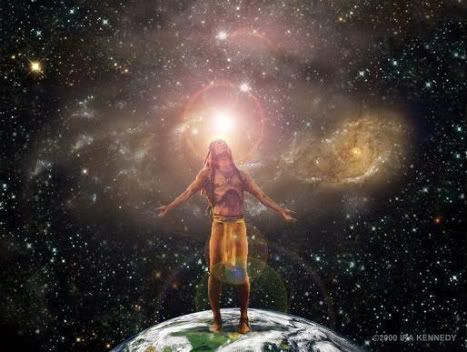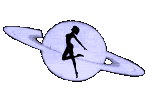
by Gregg Braden
spiritlibrary.
The pioneering anthropologist Louis Leakey was once asked why his work to find the oldest evidence of human existence was so important. He replied, “Without an understanding of who we are, and from where we came, I do not think we can truly advance.” I believe there’s a lot of truth to what Leakey said—so much so that the bulk of my adult life has revolved around my search to know who we are, and how the knowledge of our past can help us become better people and create a better world.
With the exception of Antarctica, my research into the mystery of our past has taken me to every continent on the planet. From huge cities such as Cairo and Bangkok, to remote villages in Peru and Bolivia, from ancient monasteries in the Himalayas of Tibet, to Hindu temples in Nepal, during the time that I’ve experienced each culture, a single theme has emerged. The people of this world are ready for something more than the suffering and uncertainty that defined their lives for so much of the 20th century. They’re ready for peace, and the promise of a better tomorrow.
As different as our cultures and ways of life appear on the outside, beneath the surface we’re all searching for the same things—a land to call home, a way to provide for our families, and a better future for ourselves and our children. At the same time, there are two questions that people of all cultures ask me again and again. The first is simply: “What is happening to our world?” The second is: “What can we do to make things better?” The answers to both questions appear to be woven into a single understanding that links the traditions of prayer today with the most ancient and cherished spiritual traditions of our past.
Four hundred years ago in the high deserts of the American Southwest, the great wisdom keepers of the Navajo families were tested by the earth, nature, and the tribes that surrounded them. Through the extremes that drought, intense heat, and lack of food caused in their societies, the Navajo realized that they must harness the power of their inner pain to endure the harsh conditions of their outer world. Their very survival depended upon learning to do so.
Recognizing that life’s tests pushed them to the depths of their greatest suffering, they also discovered that the same tests revealed their greatest strengths. The key to their survival was to immerse themselves in life’s challenges without becoming lost in the experience. They had to find an “anchor” within themselves—a belief that gave them the inner strength to endure their tests—and the knowledge that a better day would follow. From this place of power they had the confidence to take risks, change their lives, and make sense of their world.
Our lives today may not be so very different from that of those brave individuals who roamed the high deserts of the American Southwest centuries before our country was created. Although the scenery has shifted and the circumstances have changed, we still find ourselves in situations that shake the foundations of our beliefs, test the limits of our sensibilities, and challenge us to rise above the things that hurt us. In a world that many describe as “coming apart at the seams,” we’re challenged to find a way to live each day with peace, joy, and a sense of order.
We find ourselves in a world of experiences that defy our sensibilities and push us to the limits of what we can accept as rational, loving people. In the presence of war and genocide beyond our borders, and hate based upon our differences within our own communities, how are we to feel emotions such as peace and healing? Clearly, we must find a way to break the cycle of hurt-
In the languages of their time, ancient traditions left us precise instructions for how to do just that! Through their words, we’re reminded that “life” is nothing more, and nothing less, that a mirror of what we’ve become within. The key to experiencing our lives as beauty, or as pain, rests solely within our ability to become these qualities in each moment of every day. A growing body of scientific evidence gives renewed credibility to such wisdom, and the powerful role that each of us plays in contributing to the healing, or the suffering, in our world.


SaturnsLady



No comments:
Post a Comment